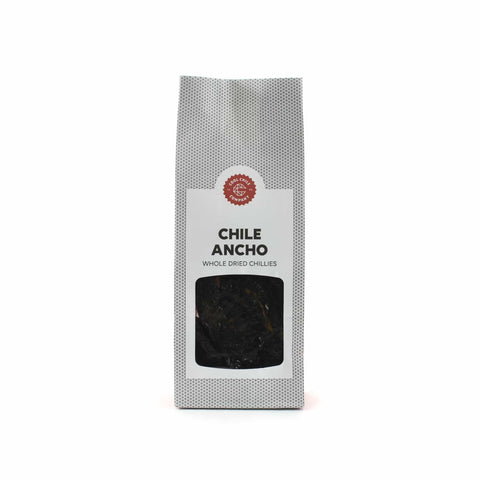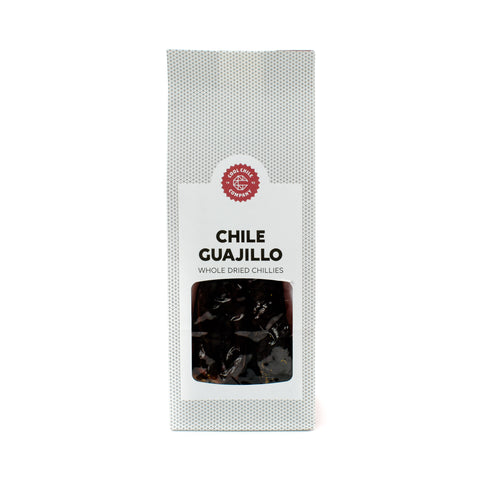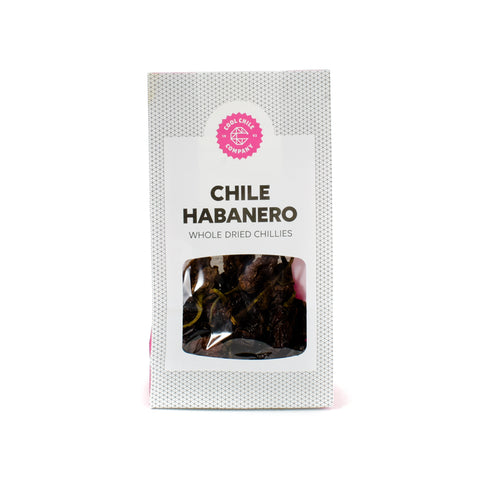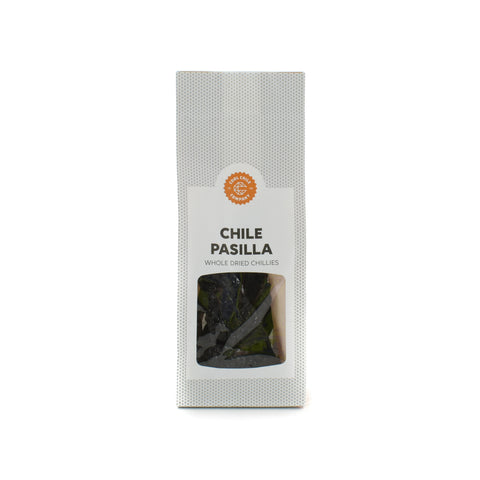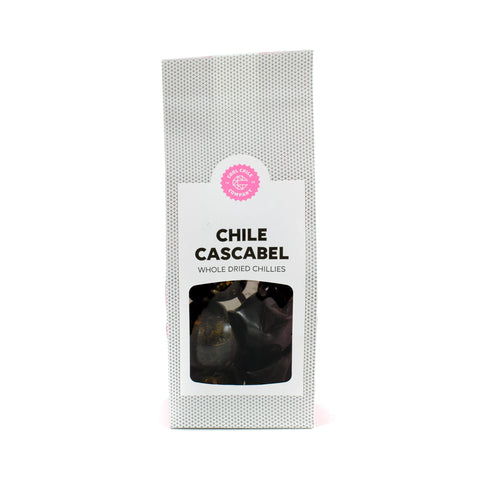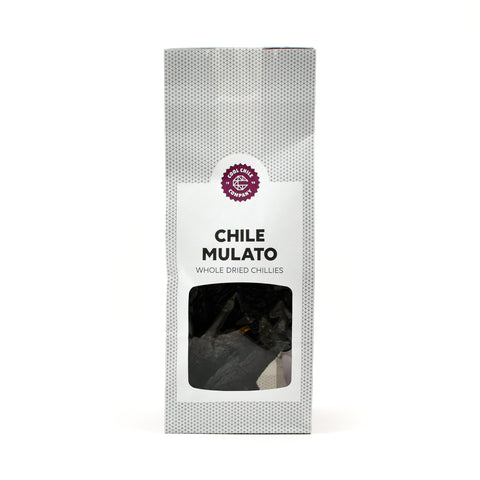Which Mexican Chillies to Use For a Proper Chilli Con Carne
by Holly Thomson

Chilli con carne is a recipe that has evolved and been adapted by different cuisines over hundreds of years – it has travelled from Mexico, via the southern American states, right across the world. The Mexican dish carne con chilli is at the root of both Texan and British chilli con carne recipes, but bears little resemblance to either. However, at its heart, chilli con carne is simply a comforting stew of meat and chilli peppers.
Here’s our guide to the best ingredients for chilli con carne, and which Mexican chillies to include in your recipe.
Browse our collection of Mexican food and recipes for more ideas from Mexico.What Nationality is Chilli Con Carne?
The traditional Mexican carne con chilli uses either cubed beef or pork, green tomatillos and a mix of green and red chillies. Meanwhile, the old-school Texan cowboy adaptation of chilli con carne is more likely to use chunks of beef, smoky chillies, and not much else. Modern Tex Mex and classic Brtish recipes for chilli con carne have been adapted yet further – using minced beef, tinned tomatoes and extras such as beans, spices and even sweetcorn.
Should Chilli Con Carne Include Beans?
A truly authentic chilli con carne, or carne con chilli does not include beans. However you may find beans in a Texan version, where the recipe is more open to interpretation. Meanwhile, beans are a staple in a good old British chilli con carne. Kidney beans are the classic choice, but mix it up and try pinto beans or black beans for a different texture.
Do You Put Chocolate in Chilli Con Carne?
Cocoa is often used in Mexican food and recipes such as moles or sauces; however there is no chocolate in a classic carne con chilli. So putting chocolate in chilli con carne is a blend of two different Mexican methods within one dish.
Which Mexican Chillies to Use in Chilli Con Carne?
- Ancho chillies
- Guajillo chillies
- Habanero chillies
- Pasilla chillies
- Cascabel chillies
- Mulato chillies
Using whole, dried chillies is a fantastic way to add a more complex heat to your recipe. Find out how to use these chilies in our step-by-step guide to cooking with dried Mexican chillies.
Ancho chillies, also known as a wide chilli or ancho poblano, are the most commonly used chilli in Mexican cooking. The rich fruity flesh and low-level of spice (1,250 on the Scoville Scale of chilli heat) make ancho chillies a versatile ingredient. Our dried ancho chillies have the fantastic softness and fragrance that you'll only see in very fresh dried Mexican chillies.
Guajillo chillies are a sun-dried mirasol chilli, also known as elephant's trunk chilli, are used in Latin American and Spanish cuisine to bring a smoky sweetness to dishes. The dried guajillo chillies are often soaked and pureed into a paste for cooking, and can also be lightly toasted over a flame, or dry-fried to intensify their flavour. The guajillo chilli is the second most used chilli in Mexican cooking after ancho chillies.
Habanero chillies, or habanero chiles, are known for their eye-watering heat, and fruity-citrus notes. They are the hottest chilli grown in Latin America – and habaneros are also the oldest cultivated plant in the Americas, dating back 9,000 years. The small, lantern-shaped habanero comes from the same family as scotch bonnets. Both have thin, waxy flesh, and rank high up on the Scoville Scale of chilli heat. So it’s recommended you wear gloves when preparing habaneros – and never touch your face or eyes!
Pasilla chillies are a dark green, dried chilaca pepper used in Latin American and Spanish cuisine. Literally translating as ‘little raisin’, mild pasilla has grape-like, liquorice flavours and a medium-low hotness, ranking just 1,000-2,000 on the Scoville Scale of chilli heat.
Cascabel chillies are a deep red-brown, cherry-shaped Mexican variety, renowned for their delicious flavours and gentle spiciness. Cascabel chillies rank low down on the Scoville Scale of chilli heat – between 1,000 to 2,500, meaning that they’re a fairly mild – and are used more for their flavour than singularly for their hotness.
Mulato chillies, or chile negro mulato, are a mellow, fruity-sweet variety, with raisin notes and hints of bitter chocolate. The mulato chilli is related to the poblano chilli family, and is the similar size and shape to the ancho. The two should not be confused though – and one way to distinguish them the brown-black colour of the mulato chilli, rather than the red-brown colour of the ancho chilli.
How To Add More Flavour to Chilli Con Carne
Chilli con carne is all about personalisation – as we’ve seen, ‘authentic chilli con carne’ doesn’t truly exist. So in the name of flavour, here are three ideas to give your recipe a boost.
What Can I Serve With Chilli Con Carne?
- White rice is a classic side for chilli con carne.
- Homemade tortillas are a good alternative to rice.
- Serve refried beans if you haven’t already used them in the chilli.
- Freshly made guacamole is always a good addition.
Enjoying the spicy flavours of Mexican food? Why not try out the intense spicy flavours of other cuisines, such as Gochujang Hot Pepper Paste, the Korean staple.

